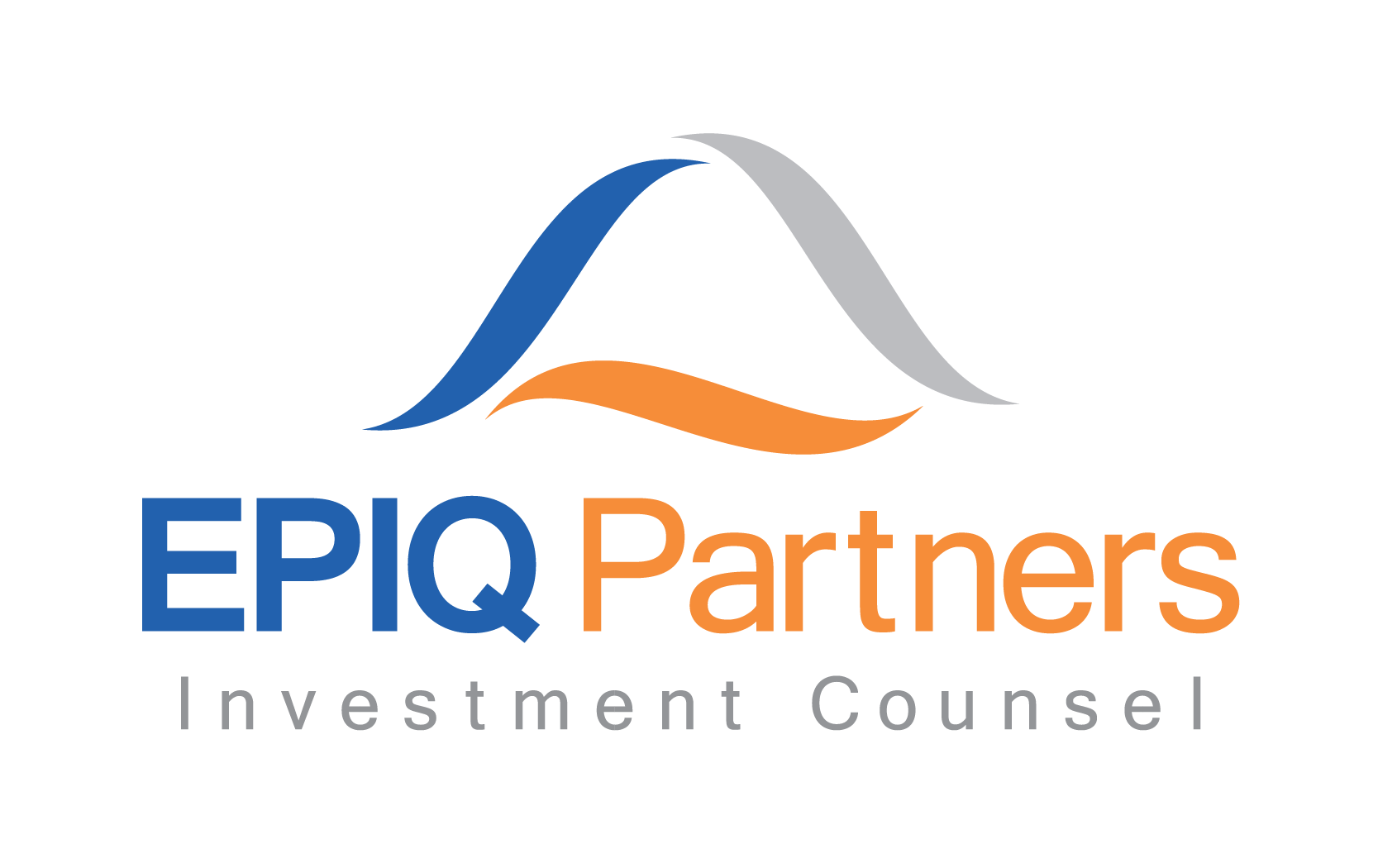The Bridge
We penned a blog back at the end of March that described a relatively simple framework to help us understand what had just happened in financial markets and what we expect moving forward. Although making predictions is usually a fool’s errand, we must contemplate possible future outcomes to rationalize the investment decisions we make today. After global markets cratered in late February and through March, we surmised that the first chapter of the COVID-19 market had ended with the rapid onset of an expected recession. We have now begun what many believe will be a long and hazardous road back to some sort of normal. This piece of the saga may take years and will likely have multiple chapters. However, the recurring theme will center around a global effort to balance pandemic mitigation with the resumption of social and economic activity.
Until a vaccine or highly effective treatment is widely available, societies around the globe will struggle to cope with the challenges posed by the virus. There are plenty of reasons to be optimistic about the eventual outcome. However, it will likely take a year or more to prove out, and another year to effectively deploy. We will all need to settle in as this plays out.
The second piece is the bridge. This is a term often used by venture and other early stage investors to describe financing for companies in development. These types of businesses engage in financings, usually small, to help ‘bridge’ a business through a short period. The funding is critical and is intended to get the company to a place with greater financial stability and certainty. When successful, the investors and the business both win.
Today, we have the US Congress, as well as many other governments, providing needed fiscal support (the bridge) to get economies to the other side of the pandemic. Hopefully, these resources and mechanisms will prove sufficient. The cost will result in exploding deficits around the world as governments take on additional debt at unprecedented rates. The US, which ran a deficit of more than a $1 trillion in the last fiscal year, may balloon to more than $4 trillion this year. Even ‘fiscal conservatives’ have thrown in the towel and backed the recent bailouts. As expensive as this may be to the US government, the alternative would be far more costly. We believe the powers that be will continue to do ‘whatever it takes’ to stave off the worst economic downturn since The Great Depression of the 1930s. Interest rates will likely stay at near zero indefinitely.
The airline industry exemplifies this policy at work. The industry is essentially insolvent and may cease to exist if not for direct and indirect government support. With air travel down more than 90% earlier this spring and not expected to recover to pre-pandemic levels for years, this industry would lose everything it had made over the decades, leaving both stockholders and debt holders with considerable or complete losses. Moreover, if the government allowed the industry to fail, the moral obligation to support all those affected by the loss could result in a greater cost to the government and society than having supported the industry and its employees in the first place.
Additionally, from a practical perspective there is simply not enough capacity to handle the flood of bankruptcy cases that would surely occur without government support.
A natural effect of this financial intervention is asset price inflation. Today’s record-low interest rates create an environment where businesses and individuals can afford to pay more for a given asset because their cost to borrow has fallen significantly. Low interest rates on savings also has an impact. Fixed income investors are encouraged to purchase higher yielding securities, such as non-investment grade bonds and dividend paying stocks, to earn the same amount of income they used to receive from more conservative investments.
We anticipate future economic and corporate reports to show considerable weakness until a widespread vaccine is available or we have developed herd immunity. This will not necessarily impede financial markets from providing reasonable gains for those willing to accept risk. Metaphorically, we have started our way across the bridge. It will take time to get to the other side and will likely be a bumpy road, but we will be in a better place when we arrive. In our view, standing still is just not an option.
As always, thank you for your time, trust, and partnership. Please contact us to continue the conversation.
EPIQ Happenings
EPIQ Response to the Death of George Floyd
We will continue to support organizations that are focused on the under-served in Minneapolis/St. Paul communities with contributions totaling $5,000 to:
We will also match up to an additional $5,000 of contributions from readers of this message to the organizations they support. Please share your donation notice and we will turn your $1 of funding into $2.
EPIQ Partners
